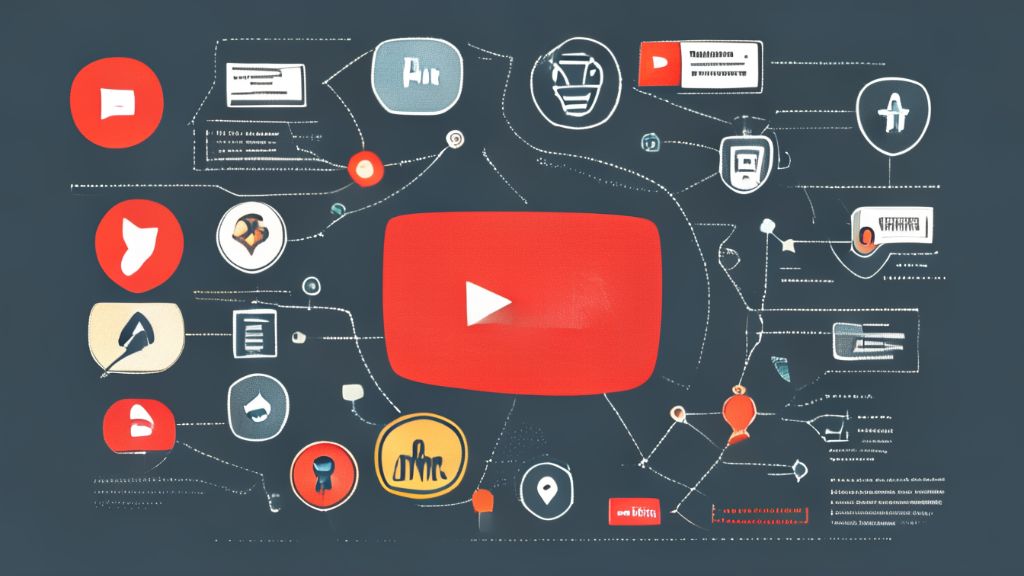Why Does Managing Your Money Matter More Than How Much You Make?
Unlocking the Secrets of the 1% for Your Money
Why Does Managing Your Money Matter More Than How Much You Make?

You know, it’s a common thought: “If only I made more money, all my financial worries would disappear.” But here’s the surprising truth, something I learned working with high-net-worth clients: it’s not about how much you make; it’s about how you manage what you make . Whether your income is 500,000, the core strategies the wealthiest people use to grow and protect their money are surprisingly simple and accessible to everyone .
One of the biggest game-changers is having a solid emergency fund . Think about it, life throws curveballs – a flat tire, an unexpected medical bill, a family emergency . Without that cushion, you’re not just dealing with the problem; you’re also stressing about how to pay for it . This kind of worry can really derail your finances and send you into a tailspin .
Having that financial cushion provides incredible peace of mind . Start with enough to cover just one month of essential expenses . This isn’t about fancy subscriptions; it’s your core costs like rent, groceries, transportation, and utilities . Then, build up to a more robust 3 to 6 months of those core expenses . Knowing you have that buffer means you can focus on handling the emergency itself, not the financial stress . You can totally do this!
The Power of Saving 15%: Building Your Financial Foundation

Let’s talk about the cornerstone of managing your money like a pro: saving 15% of every dollar you make . This isn’t just about putting money aside; it’s the real starting point for your long-term financial security . There are two massive reasons for this, and we’ve already touched on the first: that incredible peace of mind from having an emergency fund .
The second reason is equally powerful, and frankly, it’s where the magic happens: making your money work for you . You absolutely don’t need to be a finance guru to get started . I’ve found that many people are already doing this in small ways without realizing it . Let me show you just how impactful this can be, even if you’re a complete beginner .
Consider the story of Janet and Mike . Janet, at age 30, invested $10,000 and let it grow at a steady 6% for 20 years without adding more . By age 50, that initial 32,071 . Now, Mike waited until 40, investing $2,000 every year for 10 years at the same 6% return . By 50, his 27,944 . Even though Mike put in twice as much, Janet ended up with more! This highlights the mind-blowing power of compound interest and time . Janet’s money had an extra decade to snowball, and that’s what made all the difference . It’s truly the eighth wonder of the world, like a runaway train where your earnings earn even more earnings .
Making Your Money Work for You: Simple Investment Strategies
So, where do you even begin with making your money work for you? It’s simpler than you might think . A fantastic place to start, if you have access to one, is your workplace retirement plan . That employer match? That’s essentially free money! Your company will contribute to your savings, often matching what you put in up to a certain percentage of your salary . For example, if you make 2,500 if you contribute the same amount . Make sure you’re contributing enough to get that full match; it’s a great way to boost your savings .
Next, let’s talk about something super important: tax-advantaged accounts . In the UK, you have the Stocks and Shares ISA, and in the US, it’s the Roth IRA . These accounts let your investments grow completely tax-free, meaning no taxes on dividends or capital gains . The government gives you these accounts as an incentive to save long-term . The money you put in has already been taxed from your paycheck, so you pay tax upfront, unlike some other retirement plans where you pay tax when you withdraw . The key is to max out these tax-advantaged accounts before using regular taxable investment accounts .
Now you might be wondering, “Okay, I know where to put my money, but what do I invest in?” Here’s a secret weapon: keep it incredibly simple with passive funds . These funds basically track the overall stock market, spreading your money across hundreds of companies . This way, you’re not putting all your eggs in one basket . Plus, they usually have really low fees, so more of your money stays working for you . Once your tax-advantaged accounts are set up and you’re contributing regularly, you can just let these passive funds do their thing . No need to constantly tinker or try to beat the market; just set it and forget it . It’s truly the lazy person’s path to wealth, and it’s a strategy even the most successful investors use .
Taming the 65%: Keeping Essential Expenses in Check

Now for the biggest slice of the pie: the 65% rule for your fundamental expenses . This is where the absolute necessities live – your rent or mortgage, groceries, utilities, transportation, and all those must-haves that keep your life running smoothly . Here’s the tricky part: these essential expenses have a sneaky habit of ballooning out of control .
You know how it goes, right? You get a raise, and suddenly your old apartment feels a bit cramped, or maybe you decide it’s time for a car upgrade . What feels like moving forward can sometimes backfire when those upgrades come with higher costs like rent, maintenance, or insurance . Your expenses can easily grow to match your income unless you actively push back . That’s precisely why setting a firm limit of 65% on these core expenses is so crucial .
It might sound easier said than done, especially if you live in an expensive area . But understanding where your money is going is the first step . In the UK, for instance, housing is the single largest spending category, making up about 19% of total weekly expenditure, including rent, mortgage interest, and utility bills . Transportation comes in second, around 14% of household spending, covering things like vehicle purchases, fuel, and public transport . Take a look at your own spending habits and identify your biggest categories . Once you know where the majority of your money is going, you can look for ways to optimize those biggest costs . Can you negotiate your rent? Could you find a more affordable transportation option? It’s not about cutting out all the fun; it’s about controlling those big, unavoidable costs to create more breathing room in your budget for the things you want to do .
The Fun 20%: Investing in a Rich and Fulfilling Life
Finally, let’s talk about the best part: the last 20%, where the fun really begins . I love this idea from a book I read: the ultimate goal isn’t to have a massive bank account when you pass away, but to use your money to create a truly rich and fulfilling life . The 1% understand this secret: they intentionally carve out space in their budgets for guilt-free enjoyment, and you should too .
Here’s a counterintuitive insight: all work and no play is a guaranteed path to burnout . Studies actually show that people who allow themselves some flexibility in their budgets are much more likely to stick with their financial goals over the long haul . Think of it like a strict diet; if you never allow yourself a small treat, you’re more likely to eventually binge and completely fall off track . The same principle applies to your money .
You might worry that this 20% will derail your savings and investments, but it’s actually the opposite . If you don’t set aside a portion for guilt-free spending, you’re much more likely to overspend later or even give up on your financial plans entirely . That’s why the 15-65-20 rule suggests using that 20% for enjoyment, fun, and your own personal fulfillment . You can even see this 20% as an investment in yourself . By staying motivated, balanced, and energized, you’re actually increasing your chances of sticking to your long-term financial goals . This could mean enjoying a really nice dinner once a month, finally getting that item you’ve been wanting, or planning a fun getaway with friends . The key is giving yourself permission to enjoy this 20% without any guilt . You can totally do this!





